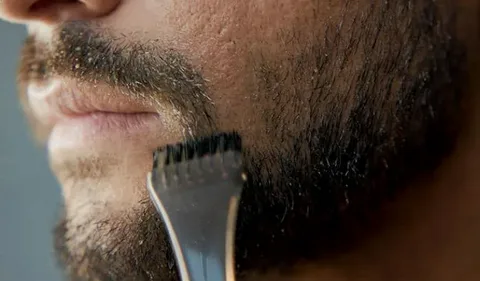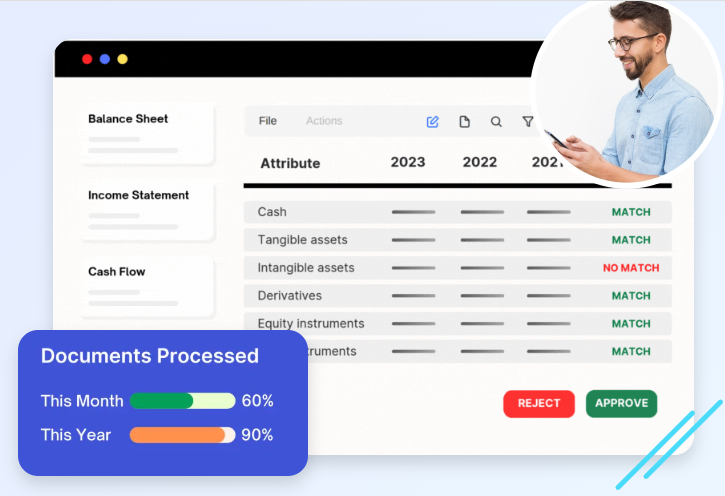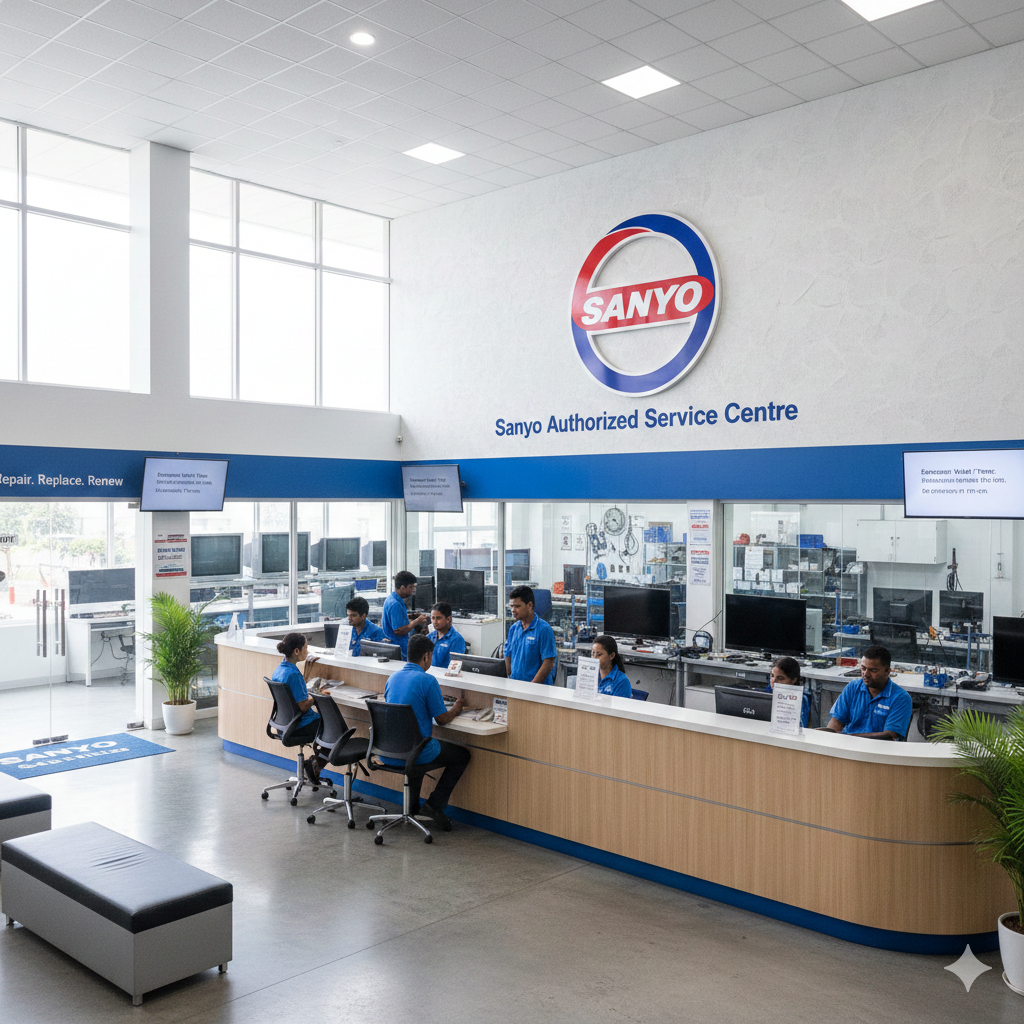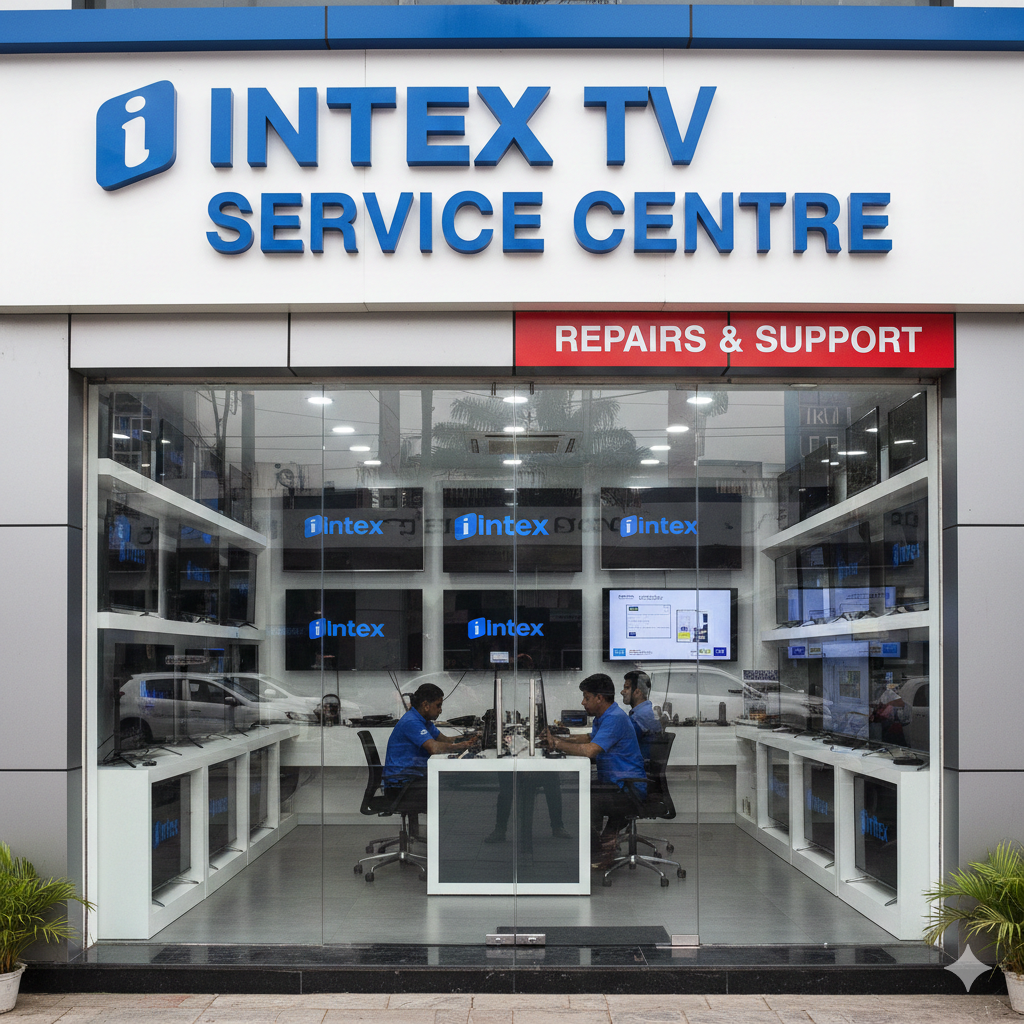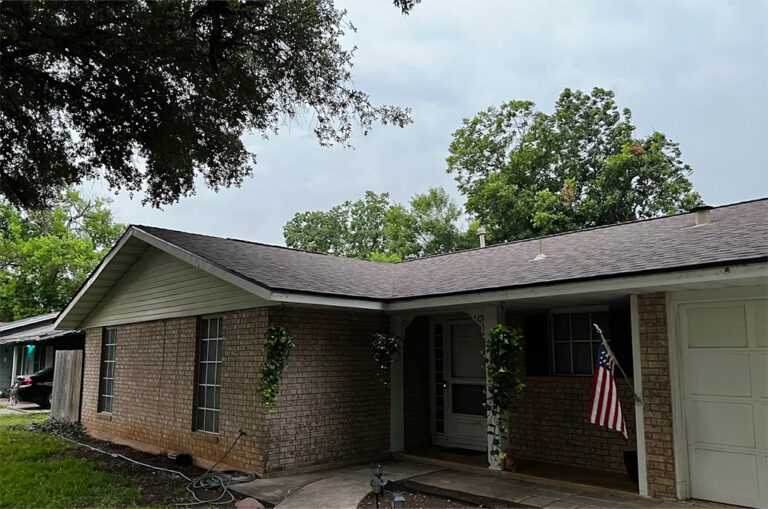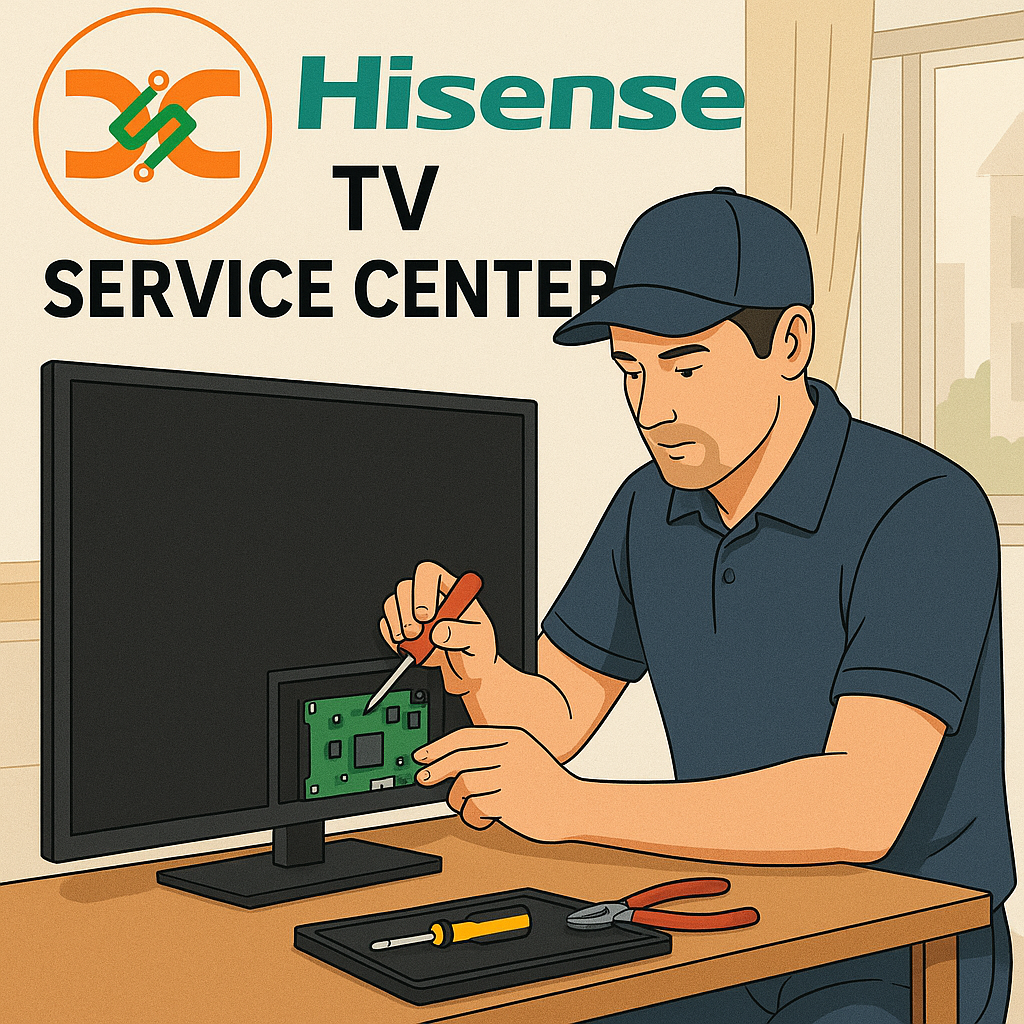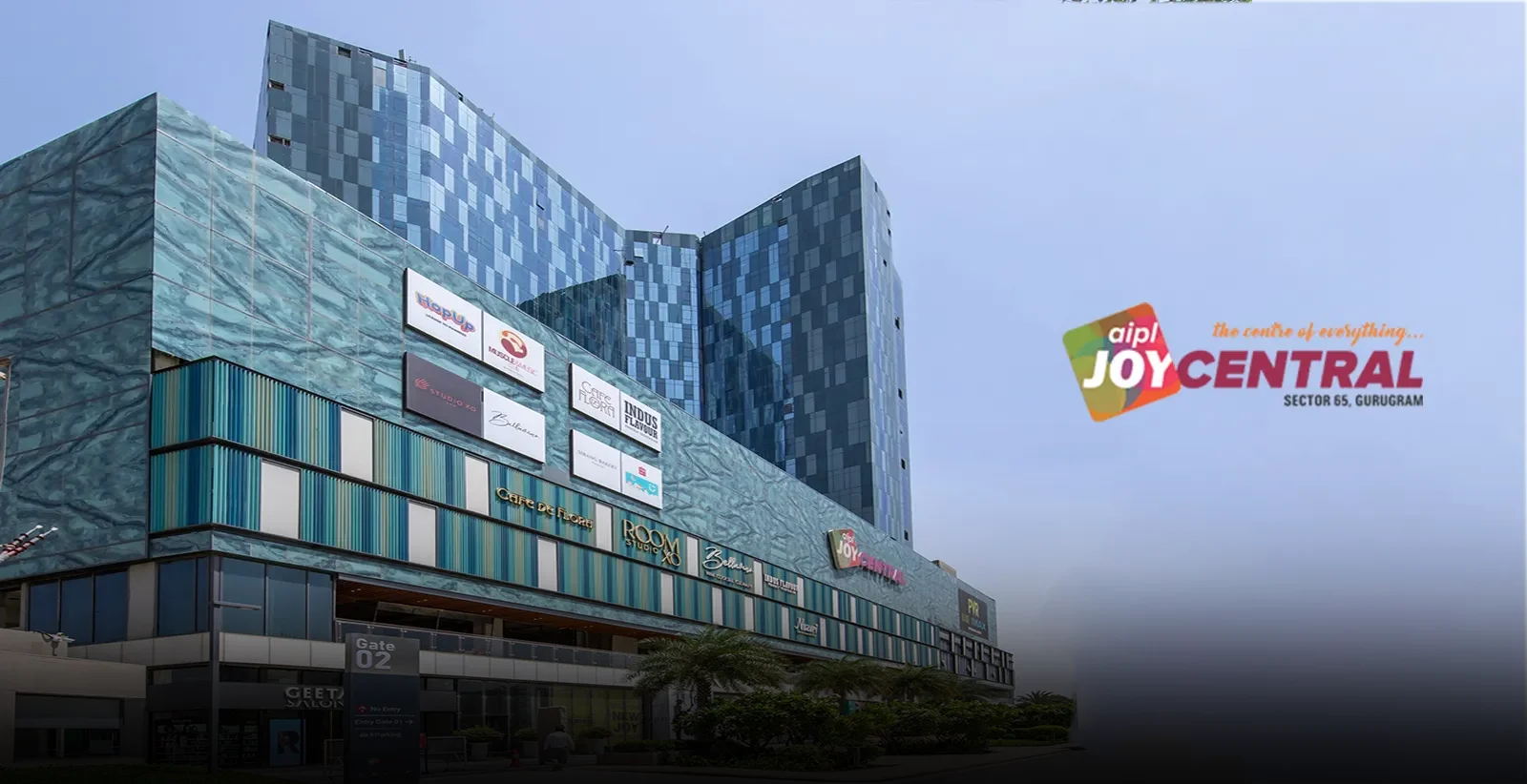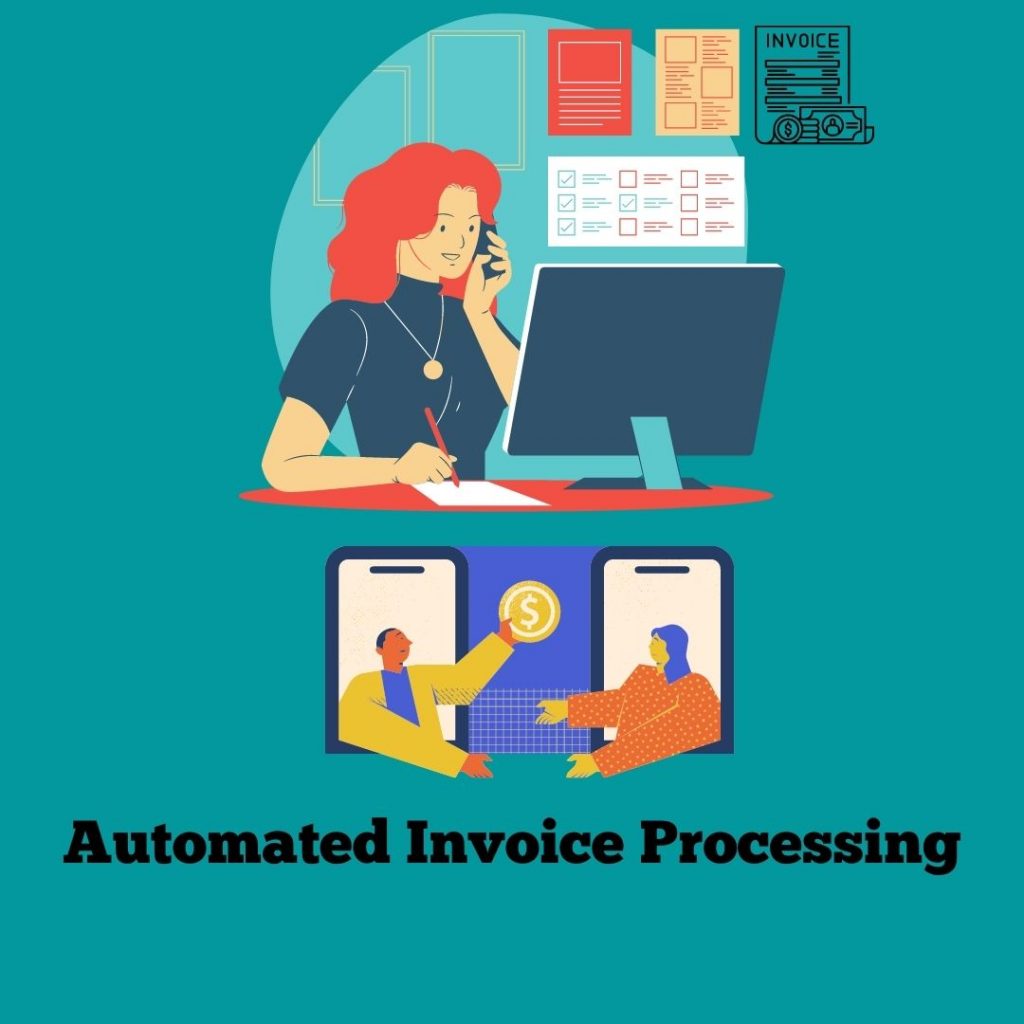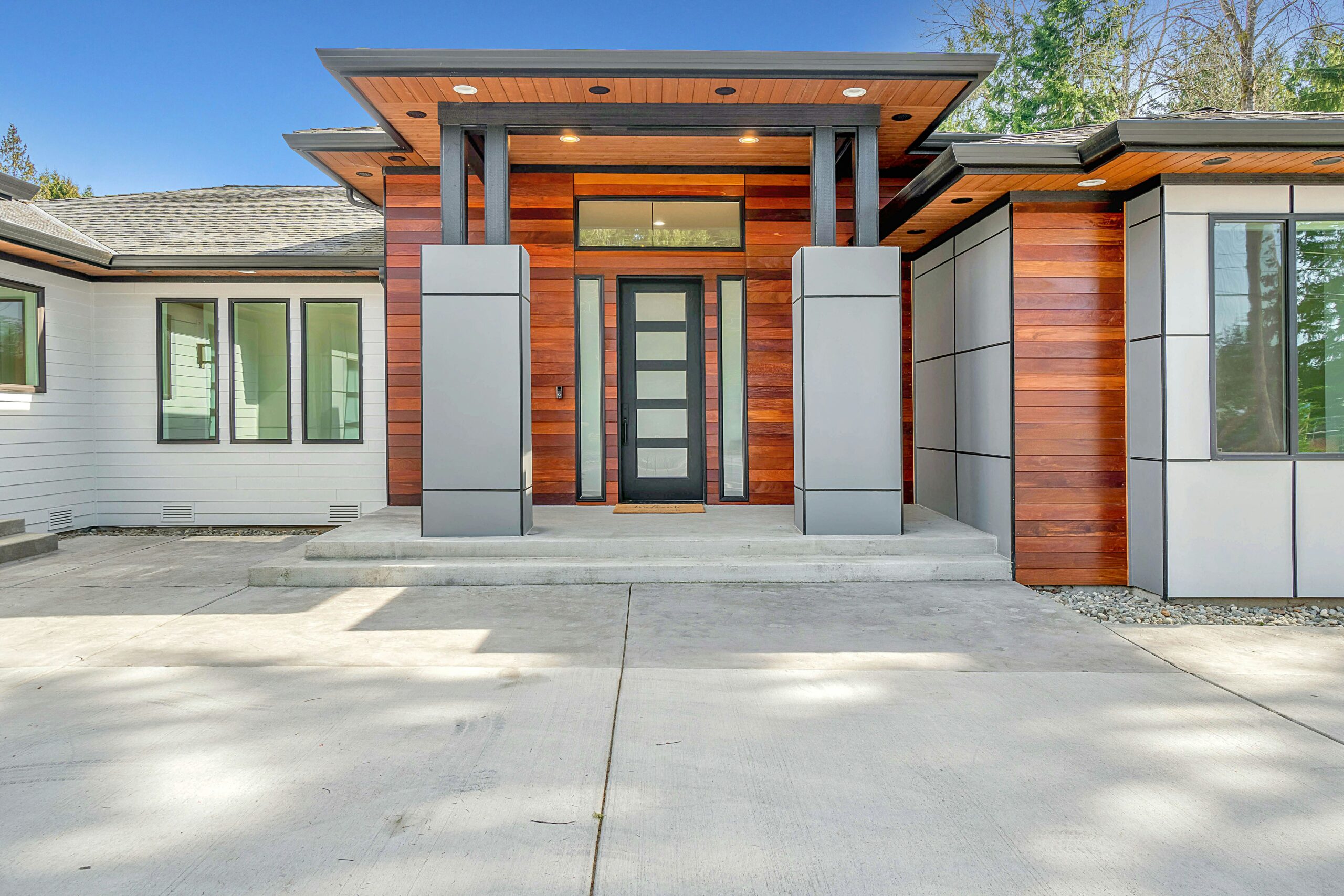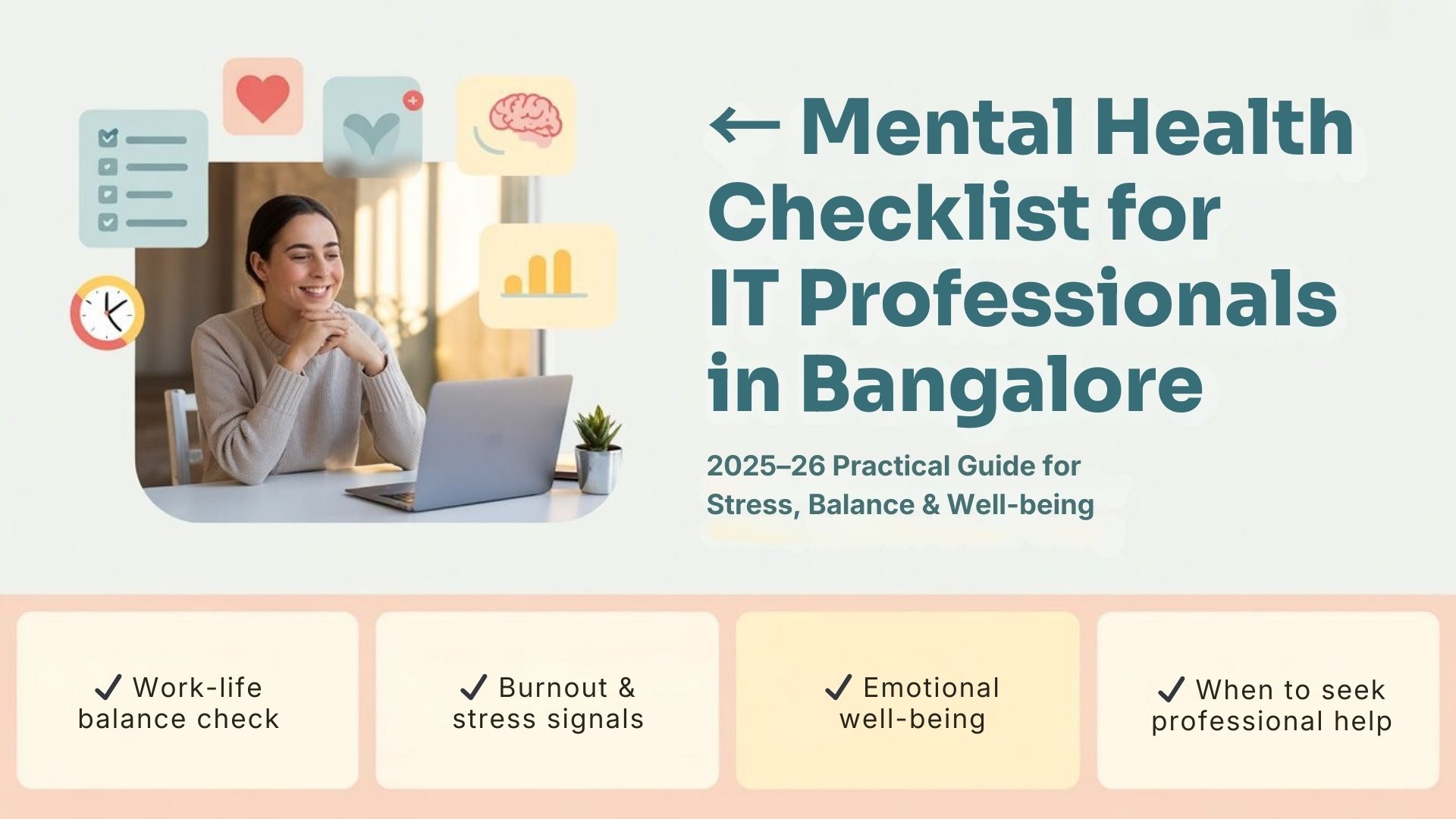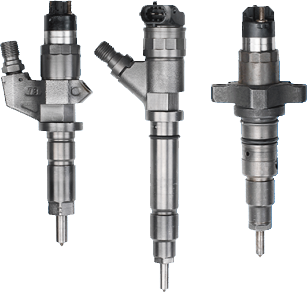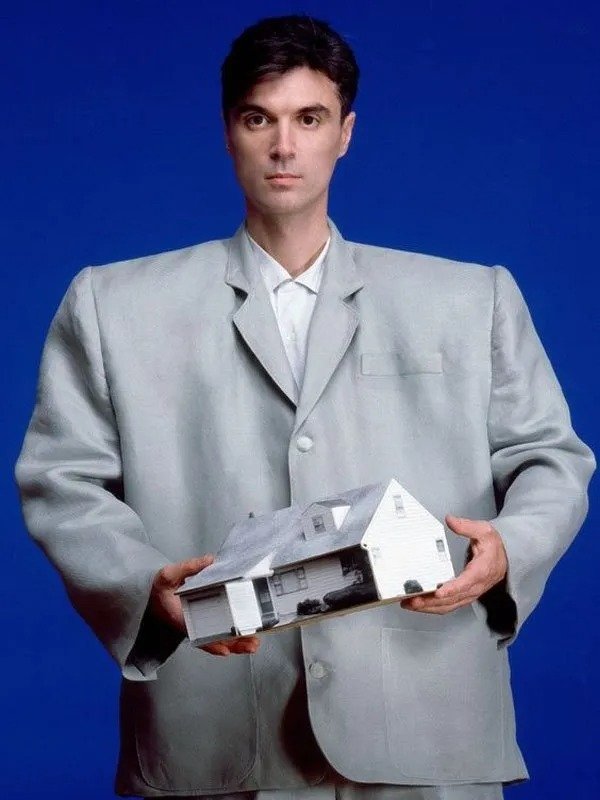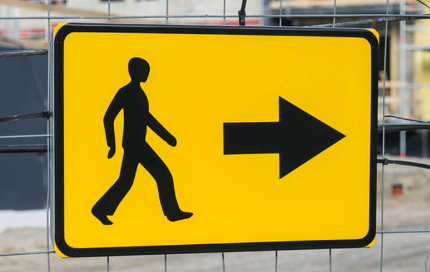Lower Back Pain Treatment: When to See a Specialist

Lower Back Pain Treatment: Lower back pain is one of the most common health issues affecting millions of people worldwide. It can range from a dull ache that lasts for a few days to sharp pain that disrupts daily activities. While many cases of back pain improve on their own with simple care, there are times when professional help becomes essential. Knowing when to see a specialist is a vital part of getting the right lower back pain treatment and preventing further complications.
Why Lower Back Pain Should Not Be Ignored
Back pain can start from something as simple as sitting too long with poor posture or lifting a heavy object incorrectly. Often, rest, gentle exercises, and home remedies can bring relief. However, ignoring persistent or severe pain can lead to long-term issues such as nerve damage, reduced mobility, or chronic pain conditions.
Pain in the lower back can also be a sign of underlying problems such as herniated discs, arthritis, or spinal injuries. In some cases, it may even signal a serious medical issue that requires urgent attention. This is why it is important to monitor symptoms and know when to seek professional care.
When Is It Time to Visit a Specialist?
Not all back pain requires a doctor’s visit, but certain symptoms should never be ignored. If you notice any of the following signs, it may be time to consider expert help for lower back pain treatment:
1. Pain That Lasts More Than a Few Weeks
If the pain does not improve within two to three weeks despite rest, stretching, or over-the-counter remedies, it could be a sign of a more serious condition. Chronic pain often requires a proper medical assessment to determine the underlying cause.
2. Severe or Worsening Pain
Pain that keeps getting worse or becomes unbearable should be checked immediately. Sudden, sharp pain may indicate an injury or nerve-related issue that needs prompt medical attention.
3. Pain That Radiates to Other Areas
If the pain spreads to your legs, buttocks, or feet, it may be linked to nerve compression or sciatica. These conditions often need targeted treatments that a specialist can provide.
4. Weakness, Numbness, or Tingling
Loss of strength or a tingling sensation in the legs can be a sign of nerve damage. If left untreated, this could lead to long-term complications.
5. Difficulty Controlling Bladder or Bowel Movements
This is a serious warning sign that might indicate cauda equina syndrome, a rare but severe condition requiring emergency care.
Types of Specialists for Back Pain

If home remedies fail, it is important to know which expert to approach for lower back pain treatment. Different specialists focus on different aspects of back problems:
- Orthopaedic Doctors: These doctors specialise in bones, joints, and muscles. They can diagnose conditions like fractures, spinal misalignments, or degenerative disc disease.
- Neurologists: If the pain is related to nerve disorders, a neurologist may be the best choice. They can diagnose and manage nerve compression or spinal cord issues.
- Chiropractors: Chiropractors focus on spinal alignment and provide non-surgical treatments, such as spinal adjustments, to relieve pain.
- Physiotherapists: They design personalised exercise and rehabilitation programs to strengthen muscles and improve flexibility.
- Pain Specialists: These doctors use advanced techniques, including injections and therapies, to manage chronic pain.
Early Diagnosis for Better Outcomes: Lower Back Pain Treatment
The earlier you seek professional advice, the better your chances of recovery. Specialists often use a mix of physical examinations, imaging tests such as X-rays or MRIs, and medical history reviews to identify the root cause of the pain. Early diagnosis not only helps create the right lower back pain treatment plan but also reduces the risk of the condition becoming chronic.
Common Treatments Recommended by Specialists for Lower Back Pain Treatment
The lower back pain treatment will depend on the severity and cause of the pain. Some common approaches include:
1. Medications
Doctors may recommend pain relief or anti-inflammatory medications to ease discomfort. These are usually combined with other treatments rather than used as a long-term solution.
2. Physiotherapy
Targeted exercises and stretches help strengthen the back muscles, improve posture, and reduce strain on the spine. Physiotherapists often create tailored programs for long-term relief.
3. Manual Therapy
Chiropractic adjustments or massage therapy can help improve spinal alignment and reduce muscle tension.
4. Lifestyle Modifications
Specialists may suggest daily changes, such as improving posture, avoiding heavy lifting, or maintaining a healthy weight to reduce pressure on the lower back.
5. Advanced Procedures
For severe cases, treatments like steroid injections, nerve blocks, or surgery may be considered. These are usually recommended when conservative methods fail.
Preventing Lower Back Pain

While expert lower back pain treatment is crucial when needed, prevention is equally important. Small lifestyle changes can help keep your back healthy:
- Maintain Good Posture: Sit upright with proper back support to reduce strain.
- Stay Active: Regular activities like walking, swimming, or yoga help strengthen and stretch the muscles.
- Lift Correctly: Bend your knees, not your back, when lifting heavy objects.
- Use Ergonomic Furniture: Supportive chairs and mattresses can make a big difference.
- Take Regular Breaks: Avoid sitting or standing for long periods without movement.
When Emergency Care Is Needed
Certain cases of back pain require urgent medical attention. If you experience pain along with symptoms like fever, sudden weakness in the legs, unexplained weight loss, or loss of bladder or bowel control, it could signal serious conditions such as infections, tumours, or spinal cord problems. Delaying lower back pain treatment in these situations can lead to permanent nerve damage or other long-term complications that may be difficult to reverse.
Conclusion: Lower Back Pain Treatment
Lower back pain is often manageable, but ignoring the warning signs can lead to bigger issues. A specialist can not only identify the underlying cause but also create a personalised lower back pain treatment plan to suit your needs. Whether it’s chronic pain or sudden discomfort, seeking expert help at the right time can make a significant difference in your recovery.
If you are experiencing ongoing or severe pain, don’t delay. Early action is the best way to protect your health and improve your quality of life.


 English
English 






